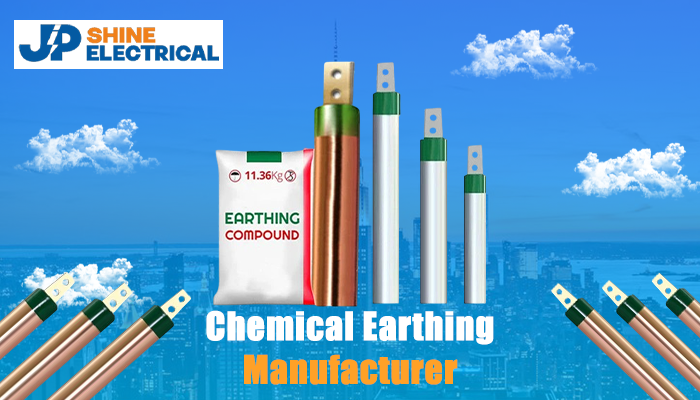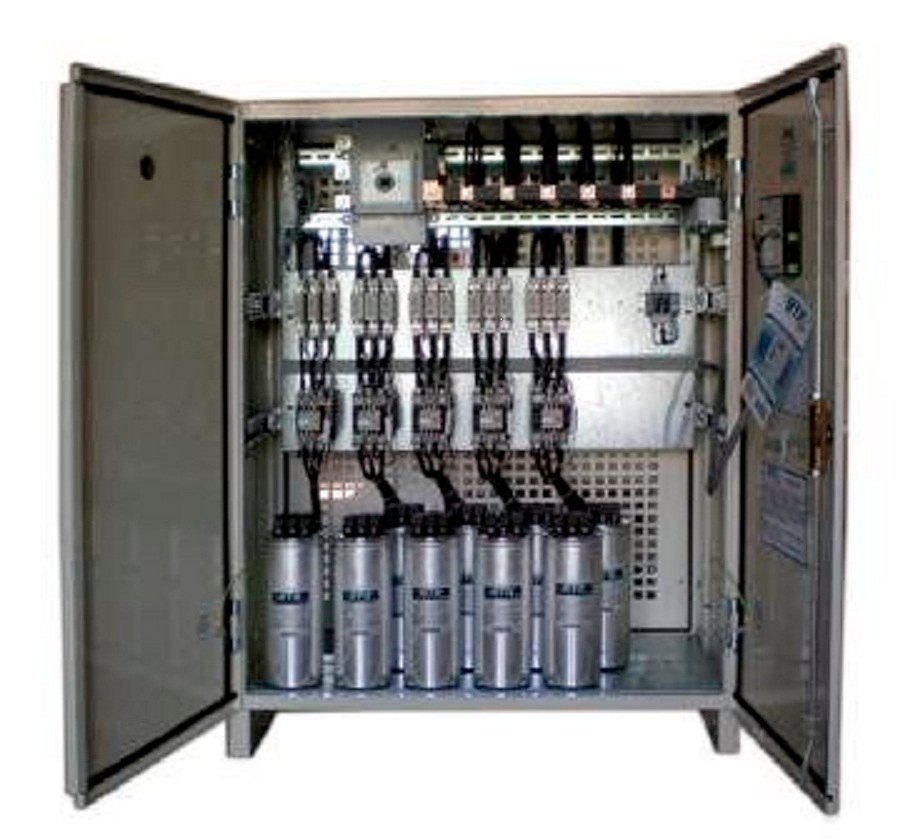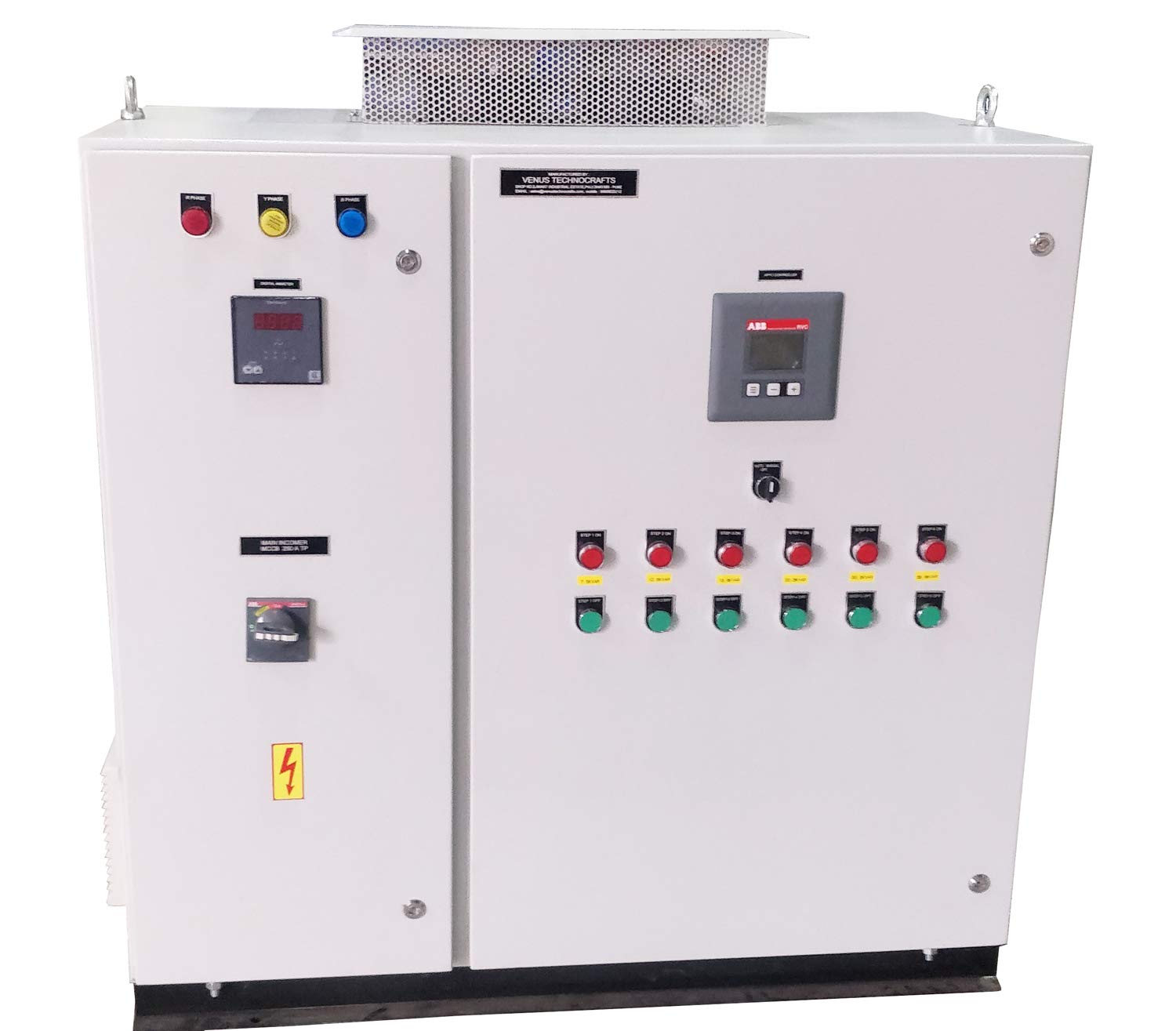
What is the Importance of Using Cable Trays in Industries?
In the complex and dynamic environments of industrial settings, the management of electrical and communication cables is not just a necessity but a critical safety requirement. Cable trays, offered by renowned manufacturers like JP Shine Electrical, play a pivotal role in ensuring the safe and organized routing of wires across facilities. This article delves into the importance of cable trays in industries, underlining their functionality, safety enhancements, and efficiency boosts in industrial operations.
Efficient Cable Management
Cable trays are engineered to support insulated electrical cables used for power distribution, control, and communication within industrial applications. The primary utility of cable tray is their ability to keep cables organized, making installations, maintenance, and inspections more straightforward and less time-consuming. Unlike traditional methods of wiring, where cables are fixed in a permanent position, cable trays provide flexibility. As industrial plants expand and technology updates, cable trays allow easy accommodation of new cables or changes to existing configurations. This flexibility ensures that industries can adapt to evolving operational demands without significant disruptions.
Enhanced Safety
Safety is paramount in any industrial setting, and cable trays contribute significantly to maintaining it. By securing cables in an open tray, they provide better heat dissipation and reduce the risk of overheating, which is a common cause of electrical fires. JP Shine Electrical designs cable trays with robust materials that resist fire, corrosion, and electrical conductance, adding an extra layer of safety in hazardous environments.
Furthermore, cable trays help in clearly delineating the paths of electrical and communication lines, reducing the risk of accidental damage during routine operations or maintenance activities. This visibility is crucial for emergency situations, allowing for quick identification and access to critical circuits without the need to disrupt the entire network.
Cost-Effectiveness
Implementing cable trays in industrial settings is a cost-effective solution for cable management. The initial installation of cable trays might seem like an investment, but they reduce the total ownership cost over time. Cable trays are less labor-intensive to install compared to traditional conduit systems, and their flexibility reduces future costs associated with modifications and upgrades.
Additionally, the durability of cable trays manufactured by companies like JP Shine Electrical ensures that they withstand industrial conditions, minimizing the need for replacements and frequent repairs. By prolonging the life of both the cable tray system and the cables it houses, industries can achieve a reduction in both direct and indirect costs.
Space Optimization
In industrial environments where space is at a premium, maximizing every square inch is crucial. Cable trays offer a compact, space-efficient way to manage multiple cables. By consolidating cables into a single tray, industries can optimize space, eliminating the need for bulky conduits and multiple wiring systems. This consolidation not only streamlines the appearance of the facility but also simplifies the layout, making it easier to manage and navigate.
Compliance and Standards
Industries are often governed by stringent regulatory standards concerning electrical installations and safety. Cable trays designed by JP Shine Electrical comply with international safety standards, ensuring that installations meet regulatory requirements. The use of certified cable trays can aid industries in passing safety audits and obtaining insurance at favorable rates, reflecting the reduced risk profile enabled by proper cable management.
Environmental Resistance
Industrial environments can be aggressive, with exposure to chemicals, moisture, and extreme temperatures. Cable trays are designed to withstand these harsh conditions, offering options like stainless steel, fiberglass, and aluminum, which resist corrosion, chemical damage, and physical wear. The choice of material can be tailored to specific industry needs, enhancing the longevity and reliability of the cable management system.
Final Thought
The use of cable trays in industries is not just about managing cables; it's about enhancing operational efficiency, safety, and compliance while optimizing costs and space. JP Shine Electrical stands at the forefront of delivering high-quality cable tray solutions that meet the diverse needs of modern industries. As industries continue to evolve and expand, the role of effective cable management systems like cable trays becomes increasingly critical. Investing in a robust cable tray system is not just a strategic decision but a necessary step towards ensuring the sustainable growth and safety of industrial operations.














